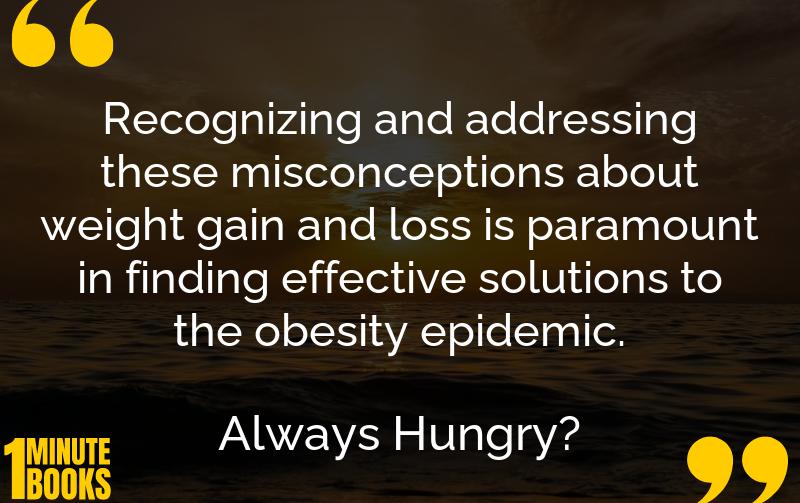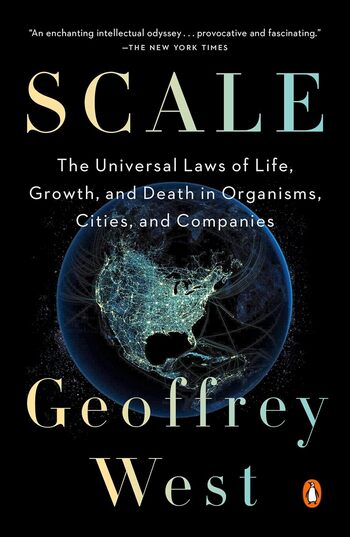
David Ludwig’s book ‘Always Hungry?’ offers a fresh perspective on weight loss, debunking myths about diet and exercise. It highlights the role of insulin, refined carbs, and inflammation in obesity, advocating for nutrient-rich diets.
Main Lessons
- Weight gain is not solely due to exercise deficiency or ‘fat genes’; nutrient intake plays a critical role.
- Insulin regulates calorie processing; refined carbs trigger insulin spikes, causing weight gain.
- Low-fat diets often lead to weight gain due to high carbohydrate content.
- Chronic inflammation from obesity stresses the immune system, causing health issues like diabetes.
- Focus on nutrient-dense foods rather than calorie restriction for effective weight loss.
- Healthy fats, like those in nuts and olive oil, are vital for weight management.
- Balanced consumption of protein, healthy fats, and unprocessed carbs promotes weight loss.
- Over-processed carbs and fructose can harm the liver and promote weight gain.
- Adopt mindful eating principles and listen to your body’s hunger signals.
- Plan meals to maintain a nutrient balance of fats, proteins, and carbs.
- Gradually reintroduce healthy carbs like whole grains and starchy vegetables to maintain insulin sensitivity.
- Establish a routine with regular physical activity to support insulin sensitivity.
- Stay hydrated and organize your kitchen with nutritious food options.
- Mindful mastery of cravings allows for reintroducing treats without derailing progress.
- The journey to a healthier weight is about understanding your body’s needs and finding balance.








